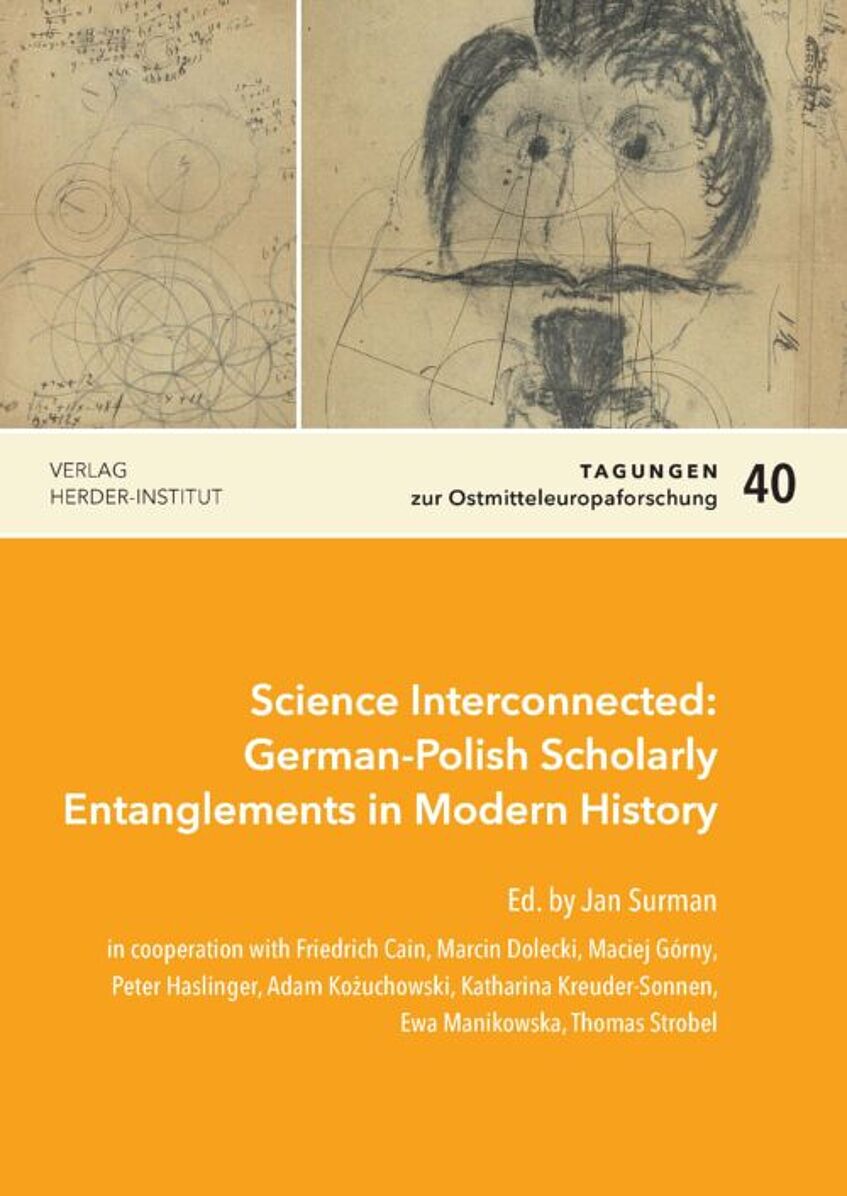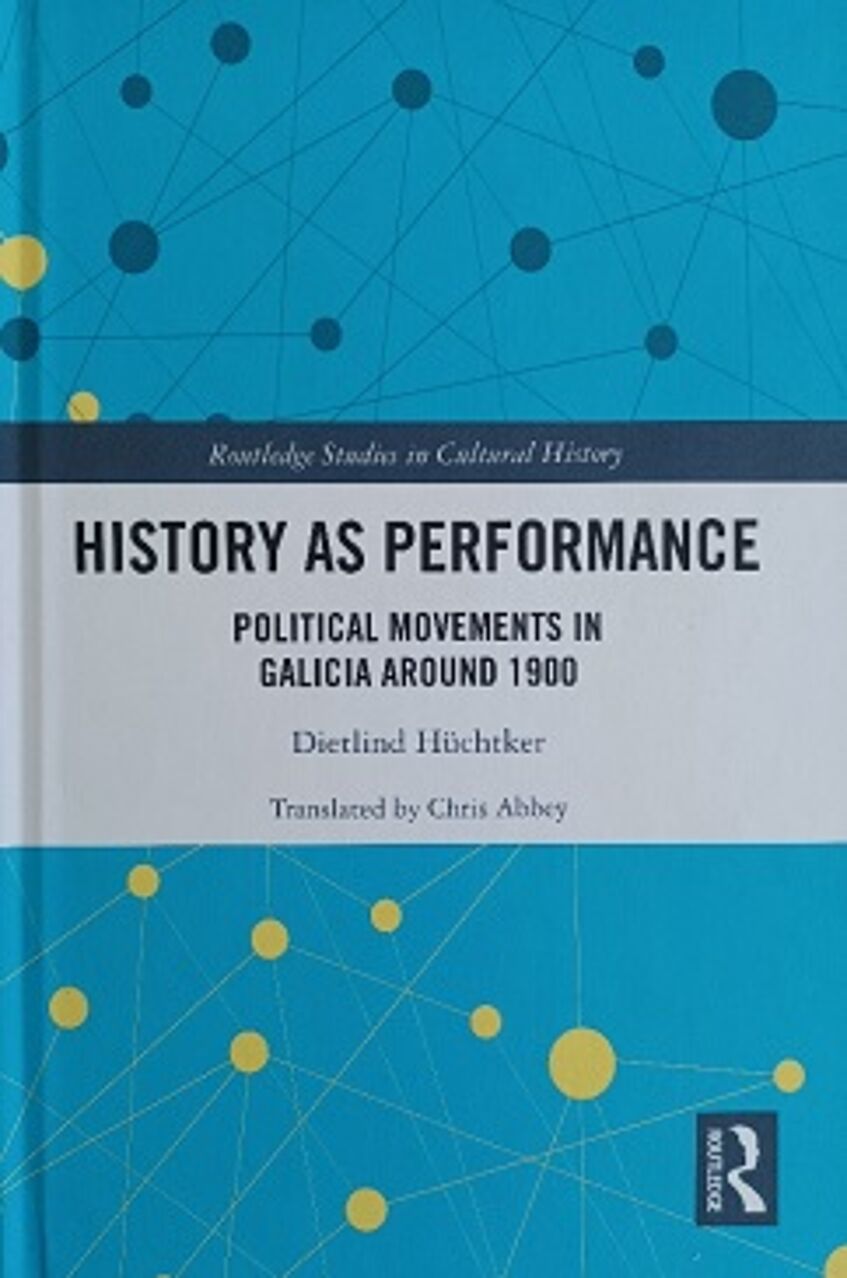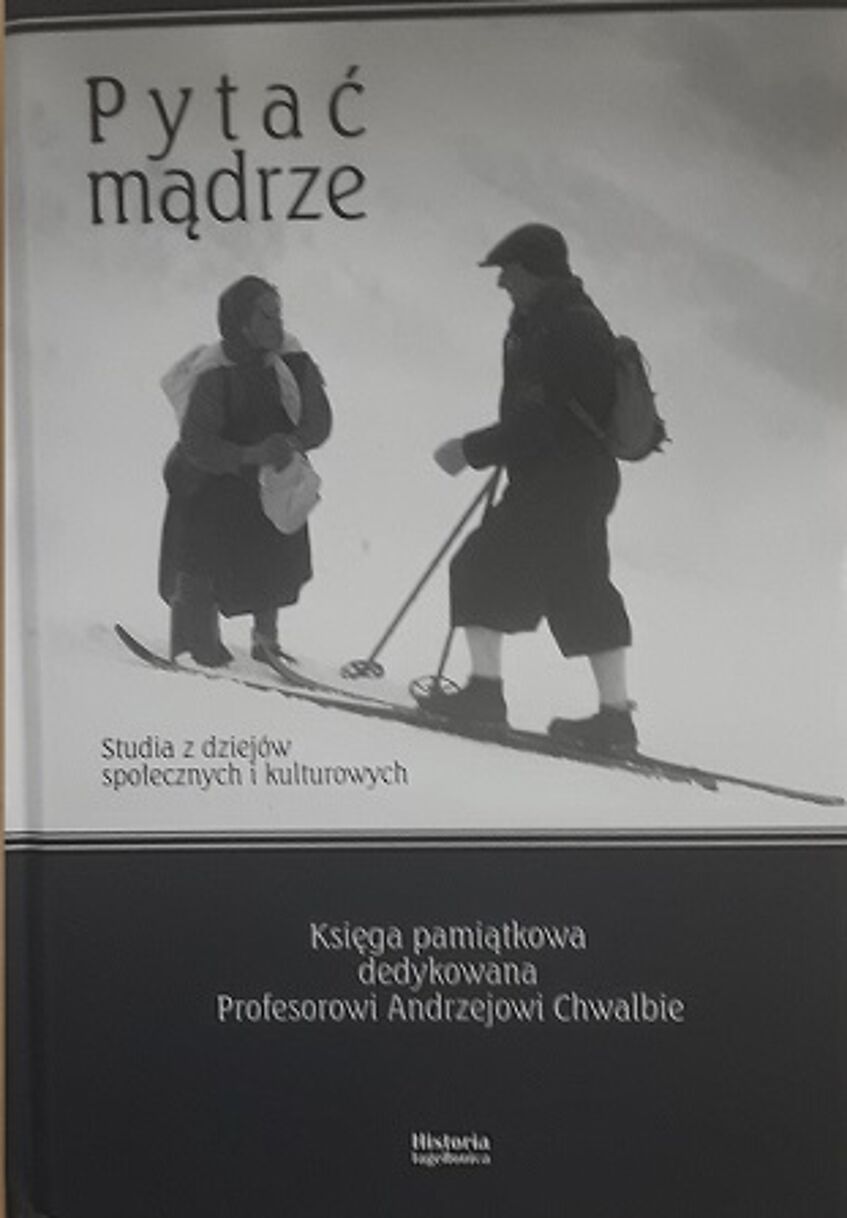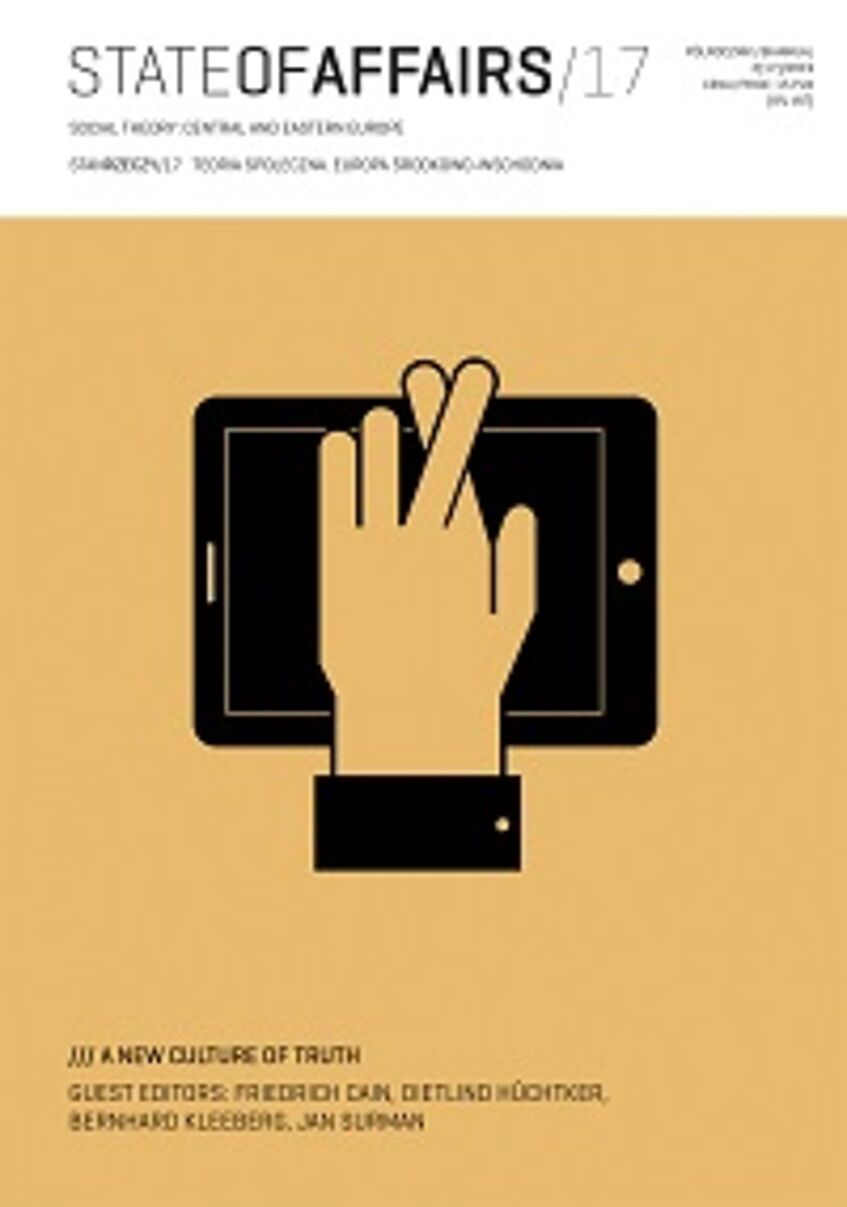
Science Interconnected. German-Polish Scholarly Entanglements in Modern History, ed. by Jan Surman in cooperation with Friedrich Cain, Marcin Dołecki, Maciej Górny, Peter Haslinger, Adam Kożuchowski, Katharina Kreuder-Sonnen, Ewa Manikowska and Thomas Strobel, Marburg: Verlg Herder-Institut 2022.
FURTHER INFORMATION

Dietlind Hüchtker: History as Performance: Political Movements in Galicia Around 1900, translated by Chris Abbey, (= Routledge Studies in Cultural History), New York/London 2021

Dietlind Hüchtker, Geschlecht, Ländlichkeit und die "Neue junge Frau". Der Erinnerungswettbewerb von 1961 in: Pytać mądrze. Studia z dziejów społecznych i kulturowych. Księga pamiątkowa dedykowana Profesorowi Andrzejowi Chwalbie [Ask Smartly. Studies on Social and Cultural History. Commemorative for Andrzej Chwalba], ed. by Anna Czocher and Barbara Klich-Kluczewska, Kraków 2020, p. 177-194

A New Culture of Truth? On the Transformation of Political Epistemologies since the 1960s in Central and Eastern Europe (= Stan Rzeczy / State of Affairs 17, 2019 [2020]), guest editorship: Friedrich Cain, Dietlind Hüchtker, Bernhard Kleeberg and Jan Surman
This issue of Stan Rzeczy / State of Affairs examines the changes that have occurred in the epistemic landscapes of Central and Eastern Europe over the past decades. It considers the history of contemporary conflicts in which truth is contested, for example, discussions of “fake news” or “alternative facts”. The contributions address the practical contexts and the embedding of truth claims, while identifying truth figures and truth scenes that could help to understand truth as an operational and functional category.
In his initial essay, Bernhard Kleeberg lays out a praxeological approach to the analysis of truth cultures. Anna Shor-Chudnovskaya and Andreas Langenohl analyse the appropriation (or rejection) of legal and voting practices during the Soviet era, while Thari Jungen examines the global mal-connections of truth, elections, and economic interest on social media in her story of Alt-Right aesthetics. Finally, Anna Grutza and Paweł Bagiński take a look at medial practices and their paramount importance for making truth claims in the context of Radio Free Europe as well as the Polish #metoo (#jateż) action in October 2017.
